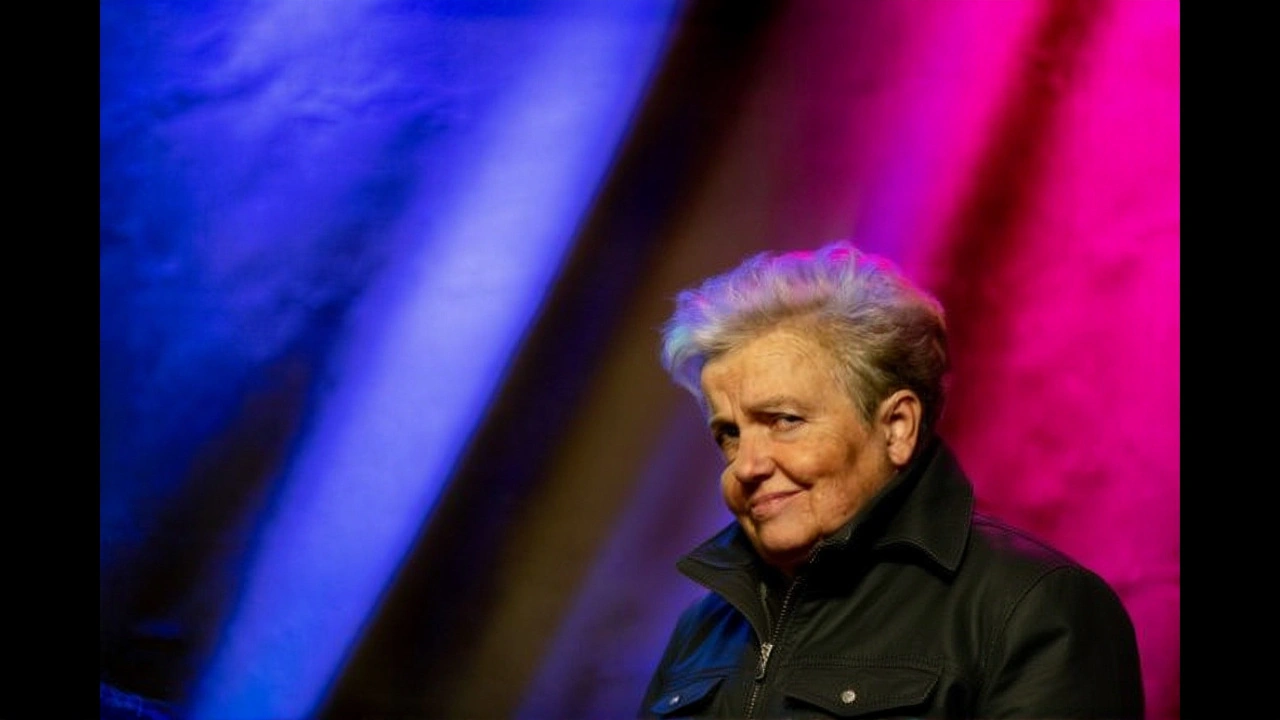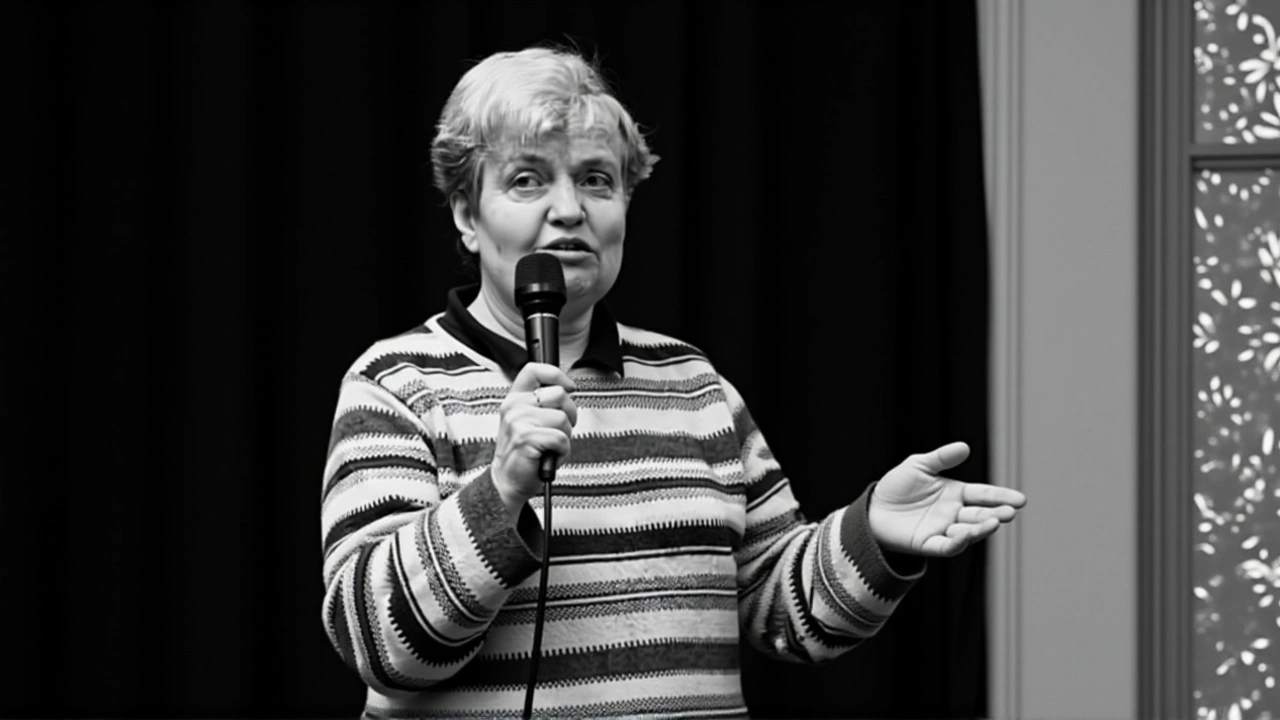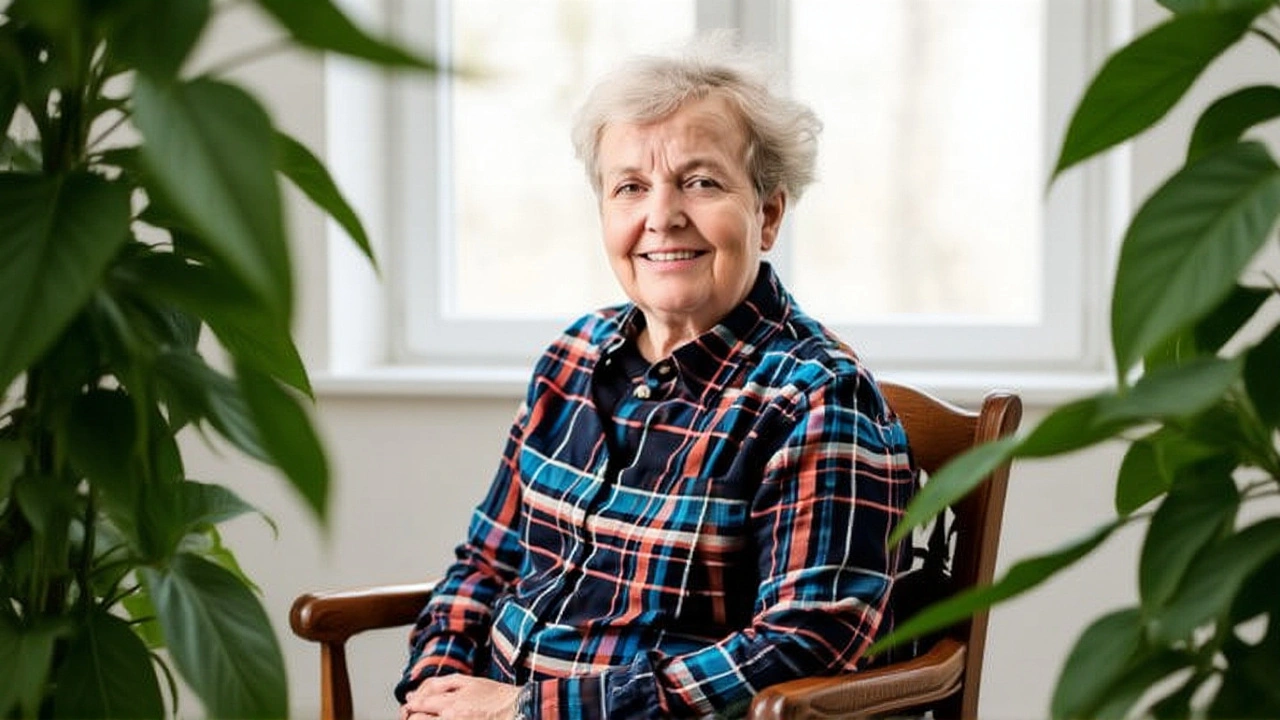When Dana Drábová, předsedkyně Státního úřadu pro jadernou bezpečnost died on Monday 6 October 2025 at the age of 64, the entire Czech nuclear community felt a sudden shock. The death followed a serious illness that kept her out of the public eye for several months, but the impact of her work remains vivid in everyday headlines.
Život a kariéra Dany Drábové
Born in 1961 in Prague, Drábová studied nuclear physics at the Czech Technical University and quickly found a niche in regulatory affairs. By the late 1990s she had already built a reputation as a meticulous analyst, earning a spot on the advisory board of the International Atomic Energy Agency (IAEA). In 1999 she was appointed chair of the Státní úřad pro jadernou bezpečnost, a post she would hold for more than two decades.
Her tenure coincided with a period of intense transformation: the Czech Republic joined the European Union in 2004, and the national energy mix shifted toward a higher share of nuclear power. Drábová steered the agency through the construction of the first new reactor at the Temelín plant and the licensing of several smaller research facilities. "Bezpečnost je nejen technická otázka, ale i lidský faktor," she often reminded her staff, emphasizing a culture of transparency.
Vedení Státního úřadu pro jadernou bezpečnost
Under Drábová's guidance, the office introduced the "Safety Culture" program in 2005, which became a benchmark for other EU member states. The program required regular drills, independent peer reviews, and public reporting of minor incidents. In 2011, after the Fukushima disaster, she led a swift review of Czech reactors, resulting in the introduction of new seismic safety standards that were praised by the European Commission.
Her role was not limited to bureaucracy. She frequently appeared on TV talk shows, explaining complex radiation concepts in plain Czech – a talent that earned her the nickname "atomlady". During a heated debate on the expansion of the Dukovany plant, she stated: "Jaderná energie je bezpečná, pokud je řízena profesionály a pod přísným dohledem, ne podle politických nálad."
Ocenění a veřejné uznání
In early 2025 Drábová received the inaugural cena Osobnost státní službyPražská radnice. The award, created by the Ministry of the Interior, honors civil servants who have made an extraordinary contribution to the Republic.
At the ceremony, Vít Rakušan, minister of the Interior, said: "Úředníci jako Dana Drábová jsou těmi, kteří zajišťují, že stát funguje v prospěch občanů. Její odvaha a odbornost jsou inspirací pro celou generaci úředníků."
Two days later, Jindřich Fryč, nejvyšší státní tajemník a jeden ze zakladatelů ocenění, dodal: "Její příběh ukazuje, že i v klikatých zákonech a technických předpisech může člověk najít místo pro lidskost a inovaci."

Reakce politiků a odborníků
The news of Drábová's passing triggered an outpouring of tributes. President Petr Pavel posted a heartfelt message on X, writing: "Odešla výjimečná osobnost, jejíž odbornost a humor byly pro nás všechny impulzem k lepší debatě o energetice." Prime Minister Petr Fiala expressed deep sorrow: "Ztráta Dany Drábové je ztrátou jedné z největších českých osobností v oblasti bezpečnosti a vědy."
Opposition leader Zdeněk Hřib, předseda Pirátů, highlighted her cross‑party respect: "Byla to žena, která dokázala spojit politické rozdíly a postavit základy pro bezpečnou energetickou budoucnost. Její odkaz bude žít dál v každém rozhodnutí o radiační ochraně."
From the energy sector, Daniel Beneš, generální ředitel ČEZ, said: "Spolupráce s Danou byla nejen profesionální, ale i lidská. Bez ní by jsme neměli tolik lidí, kteří rozumí jaderné problematice a dokážou ji srozumitelně představit veřejnosti."
Dědictví a dopad na českou energetiku
Analytici očekávají, že Drábová's work will continue to influence policy for years. The EU's upcoming revision of the Nuclear Safety Directive cites several of the Czech standards introduced under her leadership. In addition, a new proposal to modernize the waste‑management system references her 2013 white paper on long‑term storage.
Young professionals in the field notice her pedagogical legacy as well. The Institute for Nuclear Research now offers a scholarship named after her, aimed at students who want to pursue a career in safety analysis. "Když slyším její jméno, připomíná mi to, že i technika potřebuje lidský rozměr," remarked a third‑year PhD candidate at CTU.
Beyond the technical realm, Drábová's willingness to engage with media set a new norm for transparency. Her interviews are still used as teaching material in public‑administration courses across the country. As one professor summed up: "Bez ní by se v České republice neobjevilo tolik otevřených debat o radiačních rizicích."

Klíčové body
- Datum úmrtí: 6 října 2025, věk 64 let.
- Předsedkyně Státního úřadu pro jadernou bezpečnost od 1999 do 2025.
- Získala cenu Osobnost státní služby v březnu 2025.
- Byla aktivní i v místní politice – místostarostka Pyšel na Benešovsku (od 2010).
- Podporována prezidentem, premiérem i představiteli energetického průmyslu.
Často kladené otázky
Jaký byl hlavní přínos Dany Drábové pro českou jadernou bezpečnost?
Zavedla program "Safety Culture", který zvyšoval transparentnost a pravidelné audity. Poškození v Fukušimě tak byl český reaktor rychle přizpůsoben novým seizmickým standardům, což výrazně snížilo riziko havárie.
Co znamená cena Osobnost státní služby a proč ji získala právě Drábová?
Jedná se o ocenění vytvořené Ministerstvem vnitra pro civilisty, kteří svým nasazením výrazně zlepšili fungování státu. Drábová byla první, která tuto cenu získala za celoživotní práci v oblasti jaderné bezpečnosti a energetiky.
Jaký dopad bude mít její smrt na budoucí projekty jaderné energetiky v ČR?
Ačkoli konkrétní projekty pokračují, ztráta jejího osobního vlivu může zpomalit některé reformy. Nicméně její metody a kulturu bezpečnosti budou nadále sloužit jako výchozí bod pro nové generace regulátorů.
Kdo bude v Státním úřadu pro jadernou bezpečnost jehož místo po ní nastoupí?
Vláda zatím neoznátila jméno nástupce. Očekává se, že proces výběru bude transparentní a že nový předseda bude pokračovat v předchozím směru – posílení bezpečnostních standardů a veřejného dialogu.
Jaký odkaz zanechala Drábová pro mladé odborníky?
Mimo jiné založila stipendium na ČVUT a pravidelně přednášela na univerzitách. Její přístup – kombinace technické preciznosti s rozvahou v komunikaci – je nyní součástí učebních osnov veřejné správy.





